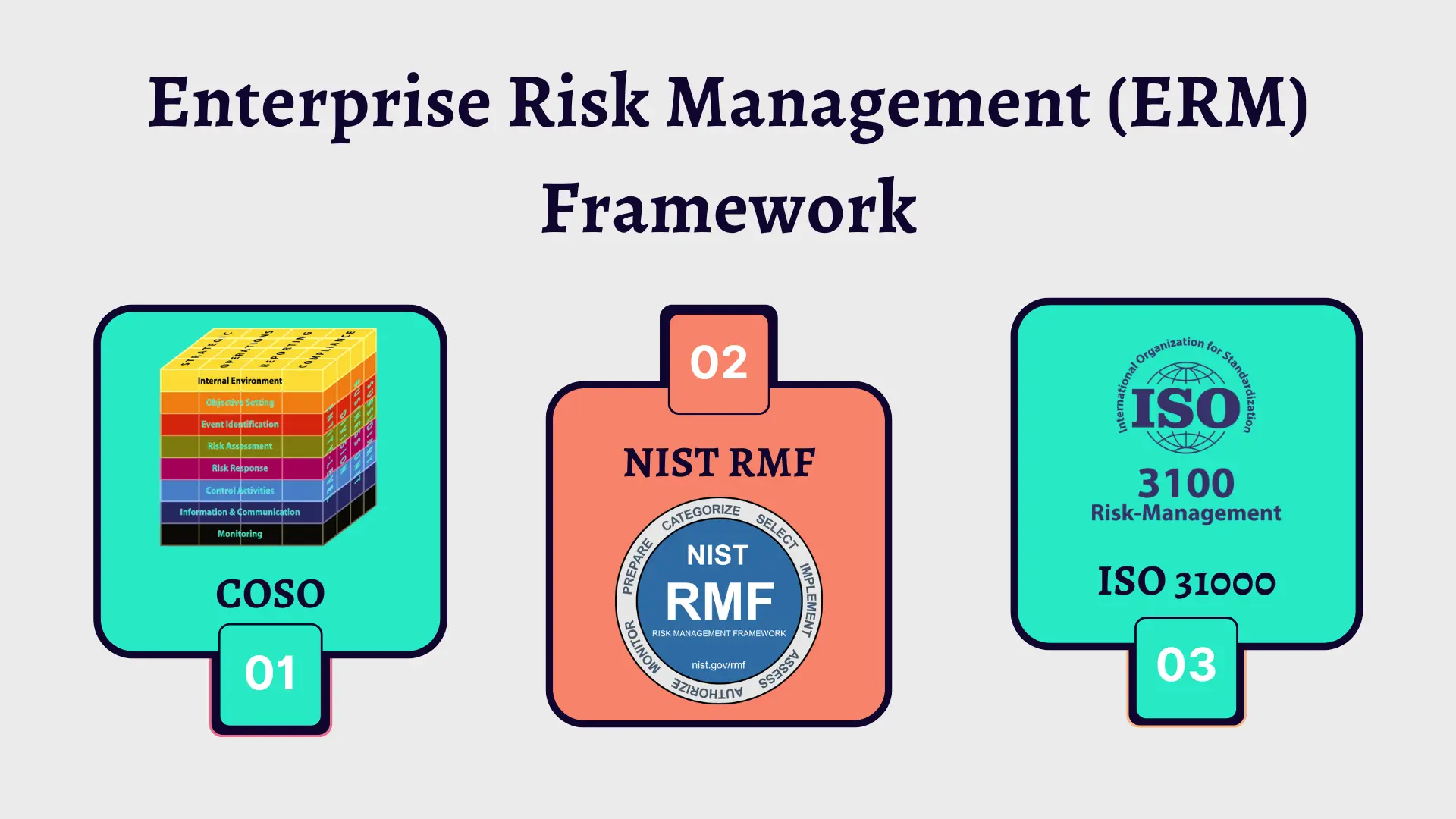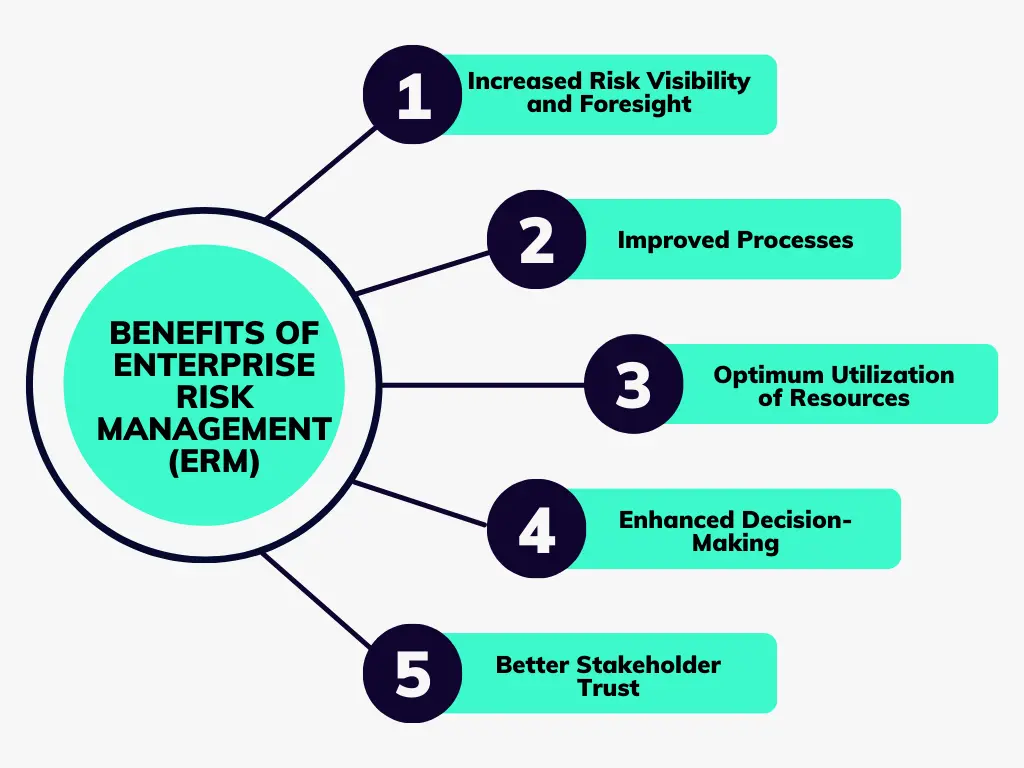Insider threats remain a primary element in professional security development
Check out the Function of AI in Encouraging Ethics and Integrity to Battle Expert Threats Properly
The assimilation of AI in business frameworks has come to be critical in attending to expert hazards. By utilizing advanced analytics and real-time tracking, AI systems can recognize inconsistencies from honest actions amongst workers (Insider threats). This aggressive approach not only enhances compliance but also promotes an atmosphere of depend on. As companies progressively depend on these modern technologies, concerns arise concerning their performance and possible ramifications for workplace society. What lies in advance in the advancement of AI's role in promoting honesty?
Understanding Expert Risks and Their Influence On Organizations
Although organizations commonly focus on exterior hazards, expert hazards pose a considerable danger that can threaten security and integrity. These hazards arise from people within the organization, such as employees or professionals, that may misuse their accessibility to delicate info for personal gain or destructive intent. The impact of expert hazards can be extreme, bring about economic losses, reputational damages, and lawful ramifications.
Factors adding to insider threats include frustration with the workplace, absence of oversight, and poor staff member training on protection protocols. Organizations often struggle to determine these dangers, as they can be tough to spot till substantial damage has actually happened. Avoidance approaches should focus on cultivating a culture of trust fund and responsibility, alongside carrying out robust monitoring and reporting systems. By acknowledging and dealing with the complexities of expert risks, organizations can boost their safety and security posture and protect their useful assets from internal threats.
The Evolution of AI in Office Safety
As organizations increasingly confront diverse protection obstacles, the combination of expert system (AI) in office protection has evolved substantially. Initially, AI applications focused mostly on automating standard security methods, such as access control and monitoring. Nonetheless, improvements in artificial intelligence and data analytics have actually changed AI right into an aggressive device efficient in determining possible dangers and susceptabilities in real-time.
Organizations now take advantage of AI-driven systems to evaluate substantial quantities of information, allowing them to discover strange behavior that may indicate expert dangers. This evolution has actually led to the advancement of advanced algorithms that can pick up from historic incidents, boosting the system's predictive abilities. On top of that, AI devices are progressively made use of to simplify event response processes, allowing security groups to act swiftly and successfully.
How AI Monitors Employee Behavior for Ethical Conformity
Expert system plays an important function in keeping an eye on staff member habits to ensure ethical compliance within companies. AI systems analyze substantial quantities of information created by employees, consisting of interactions, purchases, and access to delicate information. By utilizing innovative formulas, these systems can determine discrepancies from established ethical requirements and business policies.
Machine understanding models continually adapt to identify patterns of actions that could indicate ethical breaches, such as unauthorized information gain access to or uncommon transaction activities. Insider threats. Additionally, AI-driven tools can provide real-time signals to monitoring, facilitating prompt interventions when potential threats are detected
The combination of AI into compliance monitoring not just boosts the company's ability to copyright integrity but likewise cultivates a society of responsibility among workers. By advertising transparency, AI systems work as a deterrent versus dishonest habits, making sure that workers remain lined up with honest requirements and business values.
Examining Patterns: Identifying Risky Habits With AI
A growing variety of companies are leveraging AI to evaluate patterns that may suggest dangerous actions amongst employees. By using innovative algorithms, these systems can look through large amounts of information, determining abnormalities in customer behavior that can recommend possible expert hazards. As an example, AI can find unusual accessibility patterns to sensitive info, such as employees accessing data outside their normal extent of work or during atypical hours. Furthermore, behavior analytics can highlight constant adjustments in an employee's communication design or partnership behaviors, which might indicate underlying problems. This aggressive technique makes it possible for organizations to pinpoint threat variables before they escalate right into considerable risks. Consequently, the combination of AI into monitoring techniques not only improves security yet likewise fosters a culture of responsibility and ethical actions. By recognizing these patterns, organizations can much better understand the behavior dynamics within their workforce, eventually promoting a safer and much more moral workplace.
Real-Time Insights: Immediate Responses to Potential Risks
Real-time understandings via predictive analytics and automated sharp systems play a vital role in resolving possible threats to principles and integrity. By leveraging these innovations, companies can expect dangerous behaviors and react quickly to minimize dangers. This positive technique improves accountability and fosters a society of stability in various settings.
Anticipating Analytics Applications

Automated Alert Solutions
Predictive analytics supplies a structure for organizations to enhance their responsiveness to ethical issues with automated alert systems. These systems make use of real-time information to check tasks, detecting anomalies that may signify potential insider dangers. By leveraging equipment discovering algorithms, automated notifies can identify patterns of habits that differ established norms, permitting swift intervention. This immediacy is vital in mitigating risks associated with underhanded methods. Automated sharp systems can improve communication among appropriate stakeholders, making certain that prospective hazards are resolved without delay and successfully. As companies progressively depend on AI-driven options, the assimilation of automated alert systems will play a pivotal function in cultivating a culture of principles and integrity, eventually protecting organizational properties.
Fostering a Society of Trust Fund With AI-Driven Transparency
AI-driven openness can substantially improve trust within organizations by advertising responsibility and open interaction. With real-time monitoring services, stakeholders can acquire understandings into processes and decision-making, cultivating a society of integrity. Data-driven decision-making additionally sustains this openness, enabling informed selections that line up with ethical criteria.
Enhancing Openness and Responsibility
Exactly how can companies efficiently promote a culture of trust fund? By improving openness and liability with the tactical usage of man-made intelligence. AI can aid companies methodically track decision-making processes, guaranteeing that actions align with recognized honest criteria. This openness permits employees to see the reasoning behind choices and policies, lowering uncertainty and fostering a sense of justness. In addition, AI-driven devices can assist in clear interaction pertaining to responsibilities and assumptions, equipping individuals to take ownership of their activities. As accountability becomes ingrained in the business society, workers are a lot more likely to take part in honest behavior, knowing their activities are kept track of and evaluated. Ultimately, this strategy grows an environment where trust can grow, substantially minimizing the danger of expert risks.
Real-Time Monitoring Solutions
As companies progressively seek to promote a culture of trust, real-time tracking solutions become a pivotal device in enhancing openness. These AI-driven systems continually track activities, YOURURL.com providing insights right into user behavior and prospective abnormalities that may suggest insider hazards. By executing such monitoring options, companies can proactively determine risks, making sure punctual feedbacks to dubious tasks. This not just safeguards sensitive info yet additionally reinforces a commitment to honest methods. The clear nature of real-time monitoring helps build worker self-confidence, as people are aware that their actions are being observed for the greater good. Eventually, these remedies offer to grow a workplace environment grounded in depend on, accountability, and ethical integrity, vital for reducing expert hazards properly.

Data-Driven Decision Making
Real-time tracking options prepared for data-driven choice production, which greatly enhances business transparency. By leveraging AI technologies, organizations can analyze substantial amounts of information to recognize patterns and abnormalities indicative of potential insider hazards. This logical technique allows stakeholders to make informed choices based in empirical proof, fostering a culture of trust fund amongst employees. Transparency in decision-making processes, bolstered by AI-driven understandings, encourages responsibility and ethical behavior. In addition, it enables companies to proactively resolve susceptabilities, making certain that activities taken are warranted and connected plainly. Because of this, the implementation of data-driven approaches not only minimizes dangers related to insider dangers however also enhances the values of honesty and honest conduct click now within the organizational structure.
Future Patterns: The Function of AI in Enhancing Work Environment Ethics
While organizations significantly turn to artificial intelligence for functional effectiveness, the potential of AI to improve office principles is getting prestige. Future patterns suggest that AI will certainly play a crucial function in developing honest frameworks and standards, allowing companies to navigate intricate moral predicaments. By assessing large quantities of data, AI can determine patterns of unethical actions and offer understandings that promote transparency and accountability.
AI-driven tools can promote real-time monitoring of worker communications, assuring adherence to ethical criteria. This aggressive approach not only minimizes insider risks however additionally grows a culture of honesty. As organizations embrace AI innovations, they need to also prioritize ethical programming and mathematical bias reduction to guarantee fairness.
In this progressing landscape, the combination of AI in ethical methods stands for a transformative change, promoting an atmosphere where honesty is not just anticipated but systematically strengthened.
Often Asked Concerns
How Does AI Differentiate Between Benign and Malicious Actions?
AI separates between malicious and benign actions by evaluating patterns in individual behavior, employing equipment learning algorithms to recognize abnormalities, and assessing contextual information to figure out whether actions align with recognized standards or exhibit possible hazards.
Can AI Equipment Replace Person Judgment in Ethical Decision-Making?
AI tools can not totally change human judgment in moral decision-making. While they can evaluate data and identify patterns, the nuanced understanding of context, worths, and ethical implications still requires human understanding and discernment.
What Are the Personal Privacy Ramifications of AI Keeping Track Of Staff Member Habits?

Just How Can Organizations Make Sure AI Algorithms Are Ethically Created?
Organizations can ensure AI algorithms are fairly designed by implementing clear growth procedures, including varied stakeholders, conducting regular audits, and sticking to well established honest structures that prioritize fairness, accountability, and regard for customer privacy and legal rights.
What Training Is Required for Staff to Recognize Ai's Moral Function?
Team training ought to encompass fundamental AI ethics, data personal privacy, and bias recognition. Workshops, case research studies, and interactive sessions can boost understanding, guaranteeing employees acknowledge AI's honest implications and its duty in cultivating stability within the organization.
Artificial intelligence plays an important role in checking worker habits to assure honest compliance within companies. The assimilation of AI into keeping track of practices not only enhances security but also cultivates a culture of responsibility and honest habits. While organizations increasingly deal with my response honest dilemmas and possible integrity breaches, predictive analytics applications use timely insights that can aid minimize these risks. Anticipating analytics provides a foundation for organizations to enhance their responsiveness to ethical issues via automated sharp systems. Future patterns show that AI will certainly play an essential role in creating honest frameworks and standards, allowing organizations to browse complex ethical issues.